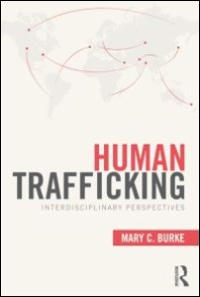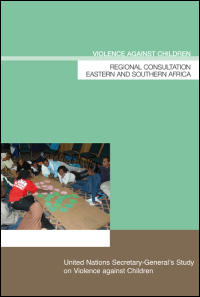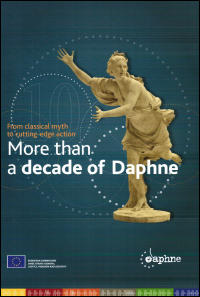Publications on child labour
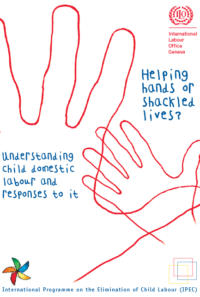
This report throws light on the phenomenon of child domestic labour, and on the actions that are being taken to respond to it. It brings together research undertaken by the ILO’s International Programme on the Elimination of Child Labour (IPEC) and work done by other organizations in the field. It includes a number of case studies drawn from ILO-IPEC field work, and suggests possible future actions to be taken at all levels and by different players: governments, labour sector partners and NGOs.
Download
This is the French edition of the book Helping hands or shackled lives?, which was launched by the International Labour Organization on World Day against Child Labour in 2004. Three language versions were launched on that day: English, French and Spanish. A Japanese edition was launched soon after.
Download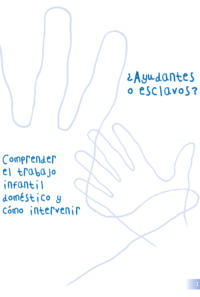
This is the Spanish edition of the book Helping hands or shackled lives?, which was launched by the International Labour Organization on World Day against Child Labour in 2004. Interestingly, it caused some controversy because the UN translators simplified the concept of ‘shackled lives’ into the word ‘esclavos’, or slaves. The countries of Latin America present at the ILO assembly that year formally complained at the use of the word, insisting that slavery no longer existed in Latin America. In subsequent years, as the concept of slavery has come to be used (rather incorrectly) for any form of exploitative labour or trafficking, the term may not seem so controversial.
Download
This article was published in the journal Global Social Policy, which produced a special edition bringing together the research done for a regional conference on the global financial crisis and child labour in Singapore in 2009.
Download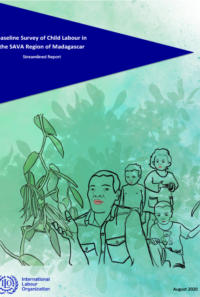
In 2020, as the COVID pandemic was at its height, international staff of the ILO (and most UN agencies) were unable to travel and local companies were taken on to continue collecting data and doing research. This report, co-written with Eva-Francesca Jourdan of ILO-FUNDAMENTALS, was written remotely, bringing together the data collected by a Madagascar-based research organization and the statistical skills of the ILO. It looks at the situation of children working in the vanilla-producing sector in Madagascar, which produces 80 per cent of the world’s real vanilla.
Download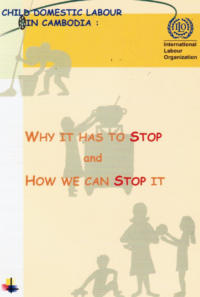
In Cambodia’s capital city, Phnom Penh, one in every nine households employs someone to do the housework. That someone is a child. This brief introduction to the issue of child domestic labour in Cambodia is based on a comprehensive household survey made by the national Statistics Office.
Download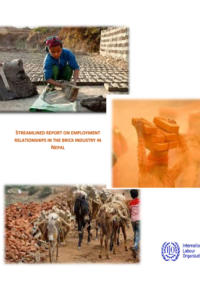
This report was written in consultation with Dr Ganesh Thapa (Nepal) and Eva Francesca Jourdan, ILO-FUNDAMENTALS. It focuses on the relationships to be found in the brick kilns of Nepal, where whole families often live and where, inevitably, children regularly work alongside their parents.
Download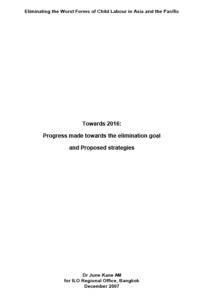
This report assesses how far countries in the Asia-Pacific region had progressed in efforts to meet the goal of the elimination of child labour by 2016.
Download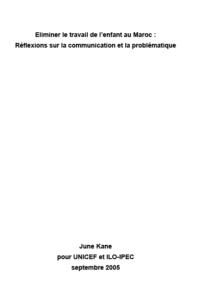
This publication is in French. It describes the situation of child labour in Morocco and outlines priority actions that might be taken.
Download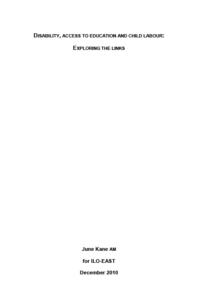
Common wisdom has it that children with disabilities are particularly vulnerable to entering child labour, but is this true? This groundbreaking study suggests that there are many factors influencing a child’s vulnerability and that disability alone is not determinant. It is based on pilot research undertaken in Indonesia.
Download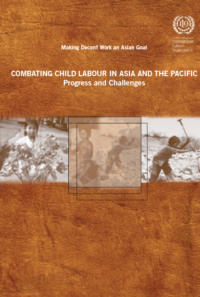
This report on progress made in reaching the international goal of eliminating child labour by 2015 focuses on the work of the ILO, governments and other agents in Asia and the Pacific. It identifies outstanding challenges and proven practices
Download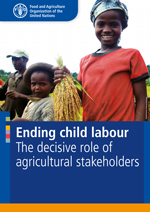
This brief report, written for the Food and Agriculture Organization (FAO) in 2017, outlines the different roles played in the elimination of child labour by ‘agricultural stakeholders’ – producers, ministries of agriculture and ‘extension agencies’, those involved in representing and working with producers, workers and employers, as well as NGOs and sometimes private companies.
Download

